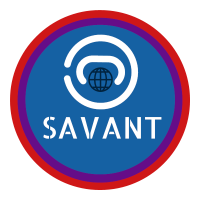The Impact of Tagalog in Psycholinguistics and Formal Linguistics
This symposium that took place March 22nd, 2024 discussed what Tagalog can teach us about psycholinguistics and formal linguistics.
Our current knowledge of the psychology of language is heavily based on studies in English and related Indo-European languages. Overreliance on these related languages has resulted in a body of knowledge that may not extend to languages with different syntactic and morphological systems, thereby reducing the global impact of our research. This symposium highlighted the recent contributions of Tagalog, an understudied Austronesian language from the Philippines, to our understanding of visual and auditory word processing, sentence processing, language acquisition, and causation.
As a part of Dave Kenneth Tayao Cayado’s PhD viva voce examination, they invited scholars around the world whose work on Tagalog has significantly contributed to our current knowledge of psycholinguistics and formal linguistics. The featured speakers included Dr. Samantha Wray from Dartmouth College, Dr. Jed Pizarro-Guevara from the University of Massachusetts-Amherst, Dr. Rowena Garcia from the University of Potsdam, and Dr. Yining Nie from San José State University.
Presentations:
Can the visual system recognize broken and obscured morphemes?
Say that again: is reduplication hearing something twice?
To what extent does Principle A guide reflexive processing in Tagalog?
How do children learn who-did-what-to-whom in a symmetrical voice language?
What can Tagalog teach us about causation?
Group panel & closing remarks
